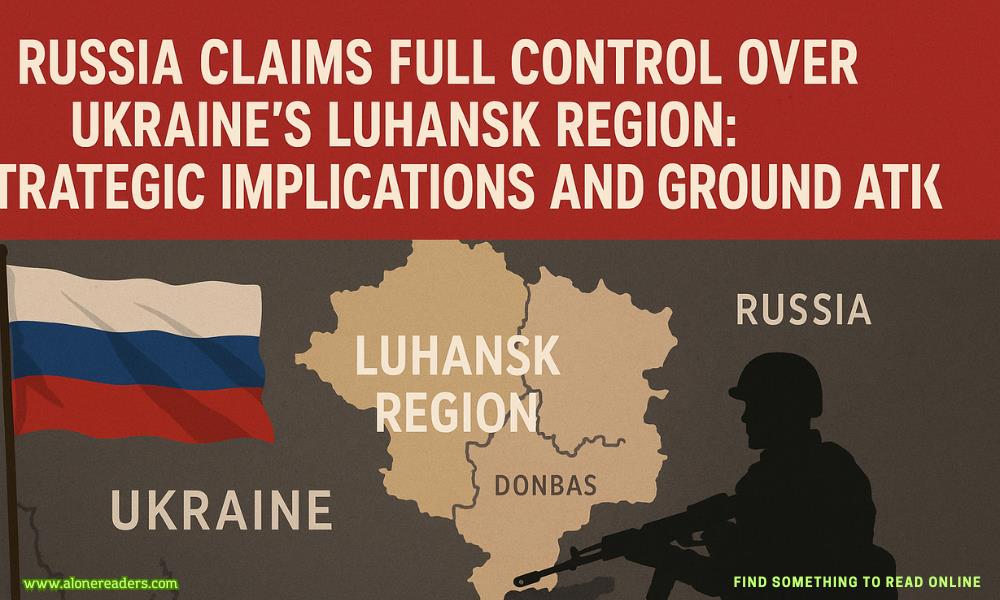Page 97 of Reckless: Corruption
“Translation. You’re stuck being Mona’s science project for the next three days,” Finn interprets, settling into a chair beside my designated monitoring bed.
“Joy,” I deadpan, but there’s no real complaint behind it. If this works—if Mona’s vaccine proves effective—it could change everything. Save Finn. Save countless others. Create a wall between Sterling’s genocidal vision and its implementation.
Worth the risk. Worth the fear curling like smoke in my chest.
“Your pack integration is impressive,” she observes quietly, adjusting monitoring equipment with mechanical precision. “Very cohesive unit development. Much stronger than designation biology would predict.”
“They’re persistent,” I reply, deflecting her observation with practiced ease. “Like a virus you can’t quite shake.”
She sees through it, of course. “You love them,” she states, not a question but a clinical observation.
“I don’t know what I feel,” I admit, the closest to truth I can manage. “But they’re all I’ve got. And I protect what’s mine.”
Her smile is brief but genuine—sisterly understanding wrapped in scientific detachment. “Biology is irrelevant. Choice is everything.”
I get what she’s saying. And she’s right.
I choose them.
Chapter 20
Cayenne
“I’m goingto lose my mind,” Jinx announces to no one in particular, pacing the family room like a tiger in an entirely too small cage. He flicks a zippo lighter open and closed, the metallic snap punctuating each turn. “Seriously. Actual, literal insanity. Like, padded cell, straightjacket, the whole deal.”
Summer has arrived with conspicuous enthusiasm outside our windows—sunshine and birdsong and actual goddamn flowers blooming—while inside, we’re still living in a pressure cooker of training sessions, vaccine monitoring, and mission planning. Three days since becoming Mona’s first human trial, and the walls of the mansion are closing in on all of us.
“Your sanity ship sailed long ago,” Finn observes from his position on the couch The virus has stabilized in his system, leaving him pale but functional—a vast improvement over the fever-wracked shell he was two weeks ago. His color is even returning, though he still tires easily, a fact he tries to hide with limited success.
Though I’ve noticed something concerning over the last twelve hours—occasional moments where he seems to lose focus, his breathing catching subtly when he thinks no one is watching. The improvement from Mona’s vaccine seems to beplateauing, maybe even reversing. I’ve caught her watching him with scientific calculation when she thinks no one is looking, and the worry beneath her chaos mask tells me everything I need to know.
“Not helping,” Jinx grumbles, doing another lap around the coffee table, thumb striking sparks from the zippo with each pass. “We need to do something. Anything. I’m dying of boredom. Actually dying. I can feel my cells giving up. They’re writing little suicide notes in mitochondrial ink.”
“We could train,” Ryker suggests, not looking up from his tablet where he’s reviewing security footage for the Aurora Facility for the hundredth time. The harsh blue light carves shadows beneath his cheekbones, making him look more machine than man.
“If I have to run one more combat drill, I’m going to set something important on fire,” Jinx threatens, holding up his lighter like Exhibit A. “Possibly myself. Starting with my hair. It’d be spectacular.”
“Indoor voice,” Theo murmurs, pinching the bridge of his nose in a gesture I’ve come to recognize as his pre-heat headache management. He’s been fighting it for weeks now, the symptoms subtle but unmistakable to anyone who knows what to look for—increased sensitivity to sound, slight temperature fluctuation, that particular restlessness that has him rearranging throw pillows every few hours.
“We could play chess,” Finn offers, ever the problem solver.
“No offense to your very sexy brain,” Jinx replies, “but if I have to watch you and Glitch have another four-hour strategic foreplay session over tiny carved pieces, I might actually cry. Like, full-on mascara-running, snot-dripping emotional breakdown.”
I snort from my position by the window, where I’ve been watching summer happen like it’s a particularly riveting Netflixseries. The vaccine hasn’t hit me with any major side effects yet, just occasional flashes of heat that ripple through me at unpredictable intervals, like my body momentarily forgetting which frequency it’s supposed to operate on. Each flash is followed by bursts of restless energy that make me want to either run ten miles or dismantle and rebuild a computer.
Mona calls it“very normal immunological response, much biological productivity, excellent adaptive integration.”
I call it being microwaved from the inside out while someone randomly hits the defrost button.
“What about the pool?” The suggestion slips out before I fully process it, inspired by the sunlight glinting off the covered in-ground pool visible from my window. “We could open it. Clean it up. It’s warm enough.”
Four pairs of eyes turn to me with varying degrees of surprise and interest.
“The pool’s been closed since last fall,” Ryker says, but I detect a hint of consideration beneath his practical objection. The tactical wheels are already turning, calculating effort versus reward.
“Hence theclean it uppart of my suggestion,” I counter, already warming to the idea. It’s physical. It’s productive. It’s not training or planning or waiting for Mona’s next round of tests. “Come on, we’ve been cooped up for weeks with nothing but Sterling and viruses and mission parameters. We need something normal.”
“Swimming is good physical therapy,” Finn adds, fingers tapping out recovery calculations against his thigh. “Low impact, full range of motion. Optimal muscle engagement without strain.”
- Merging with the Billionaire by Jenna Brandt
- Enticing Little Omega by Leslie Ayla
- Beneath the Scars by Leslie Ayla
- Faded Rhythm by Shae Sanders
- Dead to Me by Gytha Lodge
- Where Darkness Falls by Morgan Elise
- Taco Daddy by Golden Angel
- Garden Daddy by Golden Angel
- The Masks We Wear by A.M. DiTota
- The Pursuit of Happiness by A.M. DiTota
- Poison Nights & Twilight Alchemy by Candace Robinson
- Knave by Candace Robinson
- Chess by Candace Robinson
- Maddie by Candace Robinson
- Tik-Tok by Candace Robinson
- Ozma by Candace Robinson







